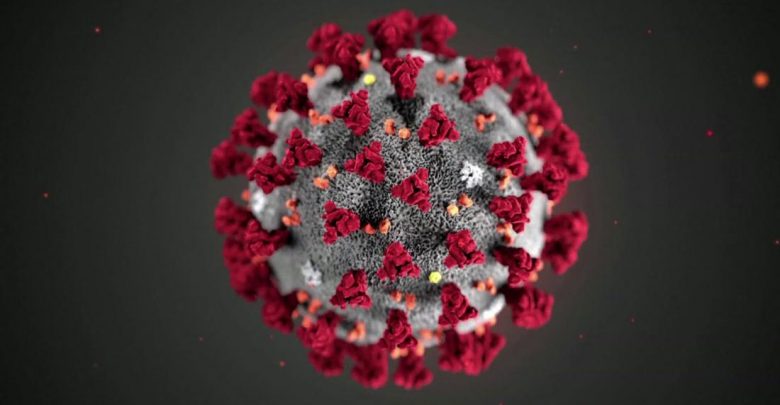
The numbers of Covid-19 cases in Bulawayo are going down but health officials are worried that if drivers of transmission are not dealt with, infections may increase.
Health officials said a statistical analysis of Covid-19 cases in Bulawayo had informed them that “cases have drastically gone down.”
But residents’ low risk perception of contracting the virus is worrying.
“When we look at the percentage of burden, cases have gone down compared to the national one, that’s why we are in the deceleration phase. But anytime cases can shoot back up to the Exponential phase, where infection rises rapidly if main drivers of transmission continue,” said the city’s Divisional Environmental Health Officer in Charge of surveillance activities, Nhlonipho Precious Sibanda in a recent interview with CITE at Thorngrove Infectious Diseases Hospital.
“For some time we had been in the Exponential phase, which was the second wave but we believe cases are coming down. We are worried about drivers of transmission that are low risk perception, people refusing to wear masks properly, wearing unclean masks or not wearing masks at all.”
As of February 21, 2021, Bulawayo has a total 5 239 Covid-19 cases, with 16 new cases reported on the day.
4 899 people have recovered from the diseases while there are 140 active cases.
Sibanda urged people to adhere to protocols, continue hand washing and social distancing, warning that, “if these are not done, someone ends up becoming a case.”
The city’s surveillance officer said Covid-19 was affecting every age group and Bulawayo’s youngest patient was two months old while the oldest was 89 years by time of reporting.
“Covid-19 can affect all age -groups. Deaths affects all age groups. Our median age for death is 51 years, it went up from 45 years meaning people as young as 45 are dying. It doesn’t matter what age, as anyone can be affected and die,” she said.
“The strongest correlation to deaths in terms of characteristics is comorbidity with highest being hypertension followed by diabetes.”
Sibanda indicated behaviour change was important in reducing Covid-19 cases so if people forgot to implement preventative measures chances were high, the disease would spiral.
Bulawayo first Covid-19 case was diagnosed on April 7, 2020 which led to sporadic cases, a phase which was called the Lagging phase due to low case numbers.
“Cases started increasing at the Exponential phase and that was now during the first wave of Covid-19 where cases platooned. Covid-19 cases then decelerated afterwards and people thought there were no cases at all. We then started another Lagging phase but entered into the Exponential phase on October 5, 2020 where there was a rise in transmissions. Since then Bulawayo has been struggling with the second wave of Covid-19,” Sibanda explained.
The health surveillance officer lamented that some residents do not believe Covid-19 is there because about 95 percent of patients have no symptoms.
“Maybe our population hasn’t seen someone dropping down and deteriorating rapidly because of Covid-19 but we’ve seen it. Patients who are positive yet have no symptoms are highly infectious and may actually spread to someone who will end up becoming symptomatic and suffer the consequences. We normally want to manage both the asymptomatic and symptomatic patients,” Sibanda said, noting some of the reported deaths in the city were due to people who sought treatment quite late.
“People stay at home until they are critical, then call for help. By the time they are taken to the health facility, it’s a mammoth task to resuscitate them and end up demising because of Covid-19 related symptoms. We normally call these Covid-19 related deaths because someone may have died of Covid-19 or comorbidity conditions.”
Sibanda also pointed out that through the city’s statistical analysis, Covid-19 related deaths, which “were on the high side initially” had also “started going down” by comparing the past and previous weeks.
“There is a slight decrease but people are dying. Kindly report if you are not feeling well so that you are assisted accordingly in good time and may people agree to be admitted so they can be managed appropriately by clinicians,” said the city’s surveillance officer.
“It’s difficult to monitor someone on home isolation due to lack of resources as we cannot have staff members going house by house, checking if people are doing ok.”
Patients who are mild to moderate are admitted at Thorngrove Infectious Diseases Hospital, while those who are moderate to severe go to the United Bulawayo Hospitals (UBH) and if they are worse, needing intensive care they are referred to Mater Dei.





